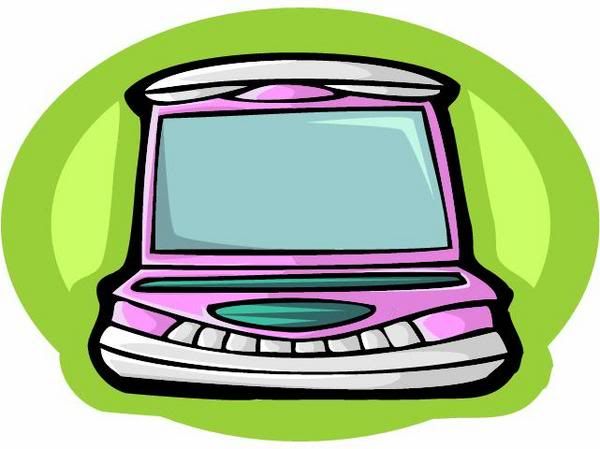"Participating in a girl zine culture requires that one have the leisure to create zines, a life generally uncluttered with the rudiments of survival, access to copy machines and other equipment, money for stamps and supplies, and enough self-esteem and encouragement to believe that one's thoughts are worth putting down for public consumption -- all marks of a certain level of privilege."
"Cut-and-Paste Revolution" by Jennifer Bleyer from The Fire This Time
I was well into my twenties before I knew what a "zine" was, and when I did, zines were the domain of boys who played in bands or worked at the small, community-owed radio station, one of my town's few enclaves of hip. The subculture of women punk rockers and activists had yet to make it to my working-class, Midwestern city. A while ago, I read a comment on another blog that said something like, "Zines were the great equalizer of the 90s." I don't think that's true at all. In fact, I think zines and the culture surrounding them caused more of a chasm between the privileged and the less privileged. The last part of that quote says it all: the timesuck of making a homegrown magazine, the expense of copying and mailing them out, the questioning whether you have something worthwhile to say at all... all marks of privilege. A lot of voices got lost in early 90s DIY culture, or weren't heard at all.
Nearly twenty years have passed, and blogs have taken over where zines have left off, but some of the same issues remain. There's no denying it's pretty easy to set up a blog: a number of blog hosts are free, and with prepackaged templates, no HTML is necessary. However, even in 2010, not everyone has internet access, nor the spare time required to maintain a blog. (Libraries have made access easier for those without a computer, but in many cases, those computers have to be booked in advance and depending on your local library, you're chances of getting one when you need it are hit or miss.)
Despite that, if would be naive to suggest that blogging hasn't given voice to a lot of women who've been silenced by traditional (or DIY) media, and for progressive feminists living in conservative parts of the country it's a blessing to find a community of like minded people. But like everything else, invariably some people are left out. Needless to say, I was a little put off by what Manifesta authors, Jennifer Baumgardner and Amy Richards, said about blogs and other forms of online activism:
"They were not particularly enthusiastic about it, all this Internet and social media stuff. Jennifer said she worried it was a weak substitute for real-life activism. Amy pointed out that it was often yet another form of unpaid work for women, and that many foundations and organizations were launching blogs because they thought they were supposed to, without really knowing what they were for. Debbie didn't really want to talk about her magazine vis a vis the Internet, but she did offer that Facebook was a girly form — "Like passing notes in class," she ad-libbed."
Of course, blogging is a lot of long hours, and mostly unpaid work. A number of women have parleyed their blogs into a source of income, but those are few and far between. As someone who's been blogging in some capacity for about five years, my biggest issue with blogging and its communities is the cliquishness and exclusion. A lot of voices still aren't being heard. Renee from Womanist Musings wrote a great post about the invisibility of women of color in parent blogging. Notably, one of the areas online where women have made significant inroads, and it's still mostly a white, straight, middle-class club. Blogs penned by women who aren't mothers, or blogs that don't fit into a nice, neat, little niche, get lost altogether.


Oh, the unpaid labor. How I love it.
ReplyDeleteIs there a form of activism or writing/creating that doesn't require privilege of some kind? What would you suggest we do to equalize the playing field?
ReplyDelete@ethocofem - I don't know what the answer would be. I'm white, so I benefit from the same system of privilege, too (and admittedly, I have quite a few blind spots). Recognizing that it exists is a start.
ReplyDelete